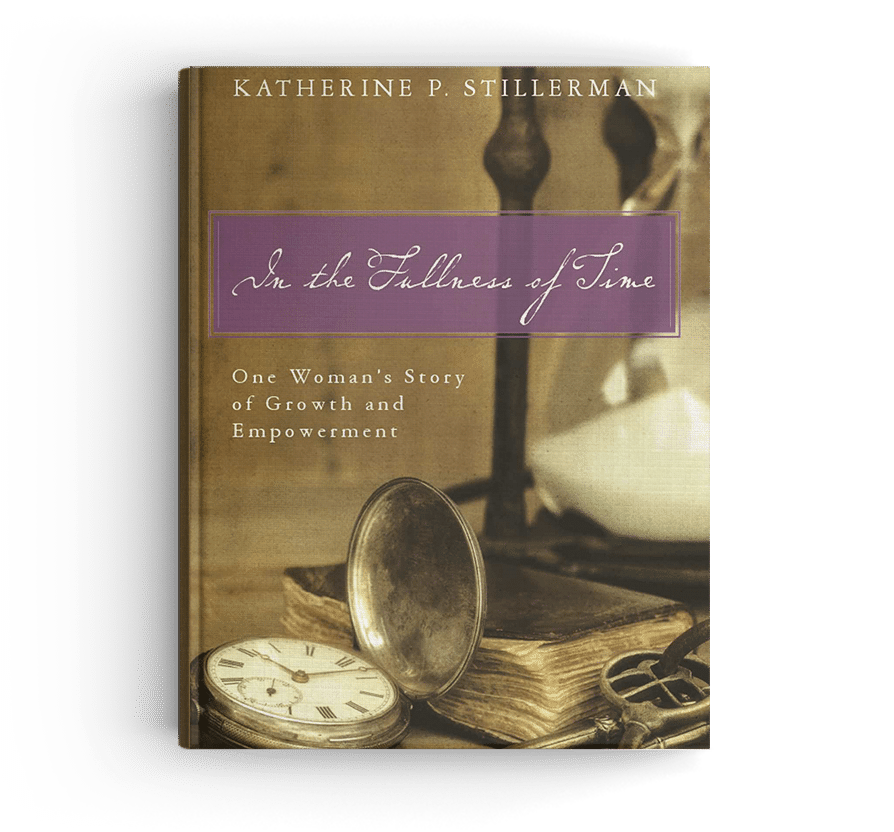SIGN UP FOR UPDATES AND TO RECEIVE NOTIFICATIONS OF NEW POSTS AND BOOKS BY EMAIL.

In The Fullness of Time
In The Fullness of Time
One South Carolina woman’s story of growth and empowerment in the woman suffrage era.

In this sequel to Hattie’s Place, the year is 1913 and Hattie Robinson is married to the widowed Charles Barton. She has left her teaching position at Calhoun School to raise Charles’s sons and manage the Barton estate. Now she must reconcile her role as mother and wife with her work for women’s suffrage, a cause that ignited her passion when attending the Women’s Suffrage Procession in Washington, on the eve of Woodrow Wilson’s first inauguration.
As a young bride, twenty-three years her husband’s junior, Hattie struggles for acceptance in the community and Barton family. And then, Will Kendrick, her first love, appears, causing old feelings to resurface. When Julia Martin, the widow of Charles’s best friend Percy, reaches out to Charles for legal advice in settling her husband’s estate, Hattie discovers clues casting doubt on Charles’s fidelity, and begins to question her marriage.


